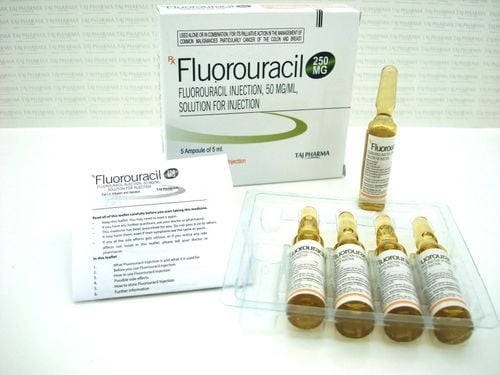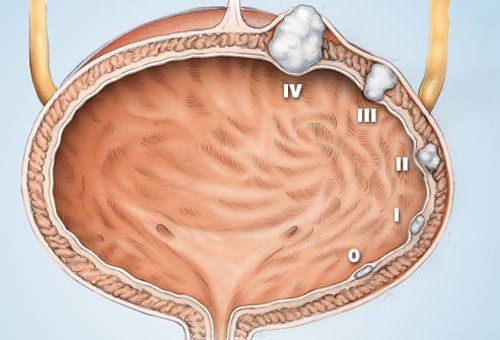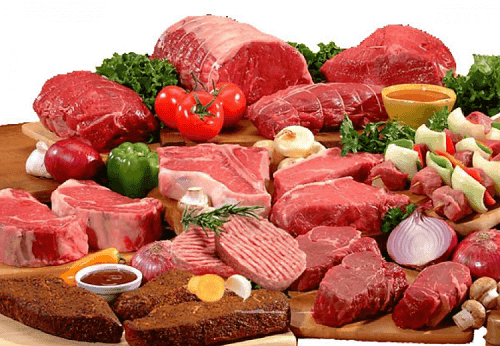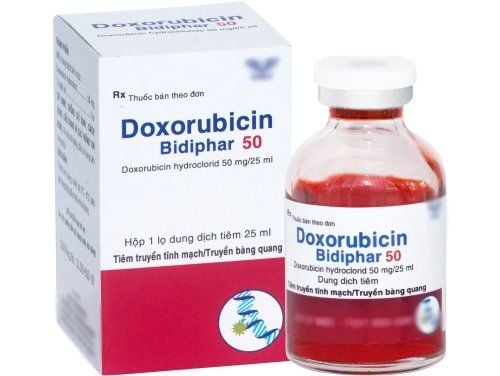This is an automatically translated article.
A healthy diet can help you prevent or fight cancer. Here's how to reduce your risk with cancer-fighting foods.
1. What is cancer?
Cancer is a complex disease and the risk of developing it depends on a combination of factors. Some risk factors you cannot change like your genes but other aspects of your life that you can control, for example:
Smoking Excessive exposure to the sun or tanning beds Drink too much alcohol Being overweight or obese Lack of physical activity Tobacco is the biggest preventable cause of cancer in the world. Smoking is responsible for more than a quarter of all cancer deaths and almost a fifth of all cancers.
Obesity is the second biggest preventable cause of cancer after smoking. But eating a healthy, balanced diet can play an important role in reducing cancer risk.
2. What is the risk of cancer?
It is estimated that a healthier diet could help prevent 1 in 10 cancers. The strongest dietary associations were with cancers of the gastrointestinal tract - mouth, food pipe (gastrointestinal tract or esophagus), stomach and intestines (colon).
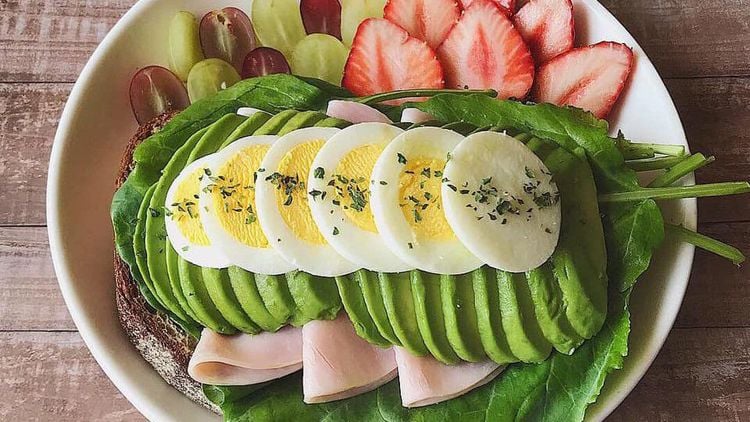
Một chế độ ăn uống lành mạnh hơn giúp ngăn ngừa 1/10 bệnh ung thư
The four most common cancers are breast, prostate, lung and bowel (colorectal) cancers, which account for more than half of these cases. It is estimated that 1 in 2 people will get cancer at some point in their lives.
Many people are affected by cancer, either directly or because they know someone who has been affected by the disease. Unfortunately there's no proven way to prevent cancer, but the good news is that there are some lifestyle measures you can take to help lower your risk.
3. What is the link between cancer and diet?
Some cancer risk factors, such as genetics and environment, are out of your control, but research shows that about 70% of your lifetime cancer risk is within your ability to change , including your diet. Avoiding tobacco, limiting alcohol, staying at a healthy weight, and exercising regularly are all great steps to preventing cancer. Adopting a healthy diet can also play an important role.
What you eat and shouldn't eat can drastically affect your health, including your risk of cancer. While research tends to show an association between specific foods and cancer, rather than a solid cause-and-effect relationship, there are certain eating habits that can greatly influence the risk. your body. For example, eating a traditional diet rich in fruits, vegetables, and healthy fats like olive oil may reduce the risk of many common cancers, including breast cancer. In contrast, a diet that included one serving of processed meat daily was associated with an increased risk of colorectal cancer.
If you have a family history of cancer, making small changes to your diet and behavior now can make a big difference to your long-term health. And if you've been diagnosed with cancer, eating a nutrient-dense diet can help boost your mood and fortify your body during these challenging times.
The way to reduce cancer risk is to aim to build your diet to include a variety of antioxidant-rich fruits and vegetables, nuts, beans, whole grains and healthy fats. At the same time, try to limit the amount of processed and fried foods, unhealthy fats, sugars and starches you consume.
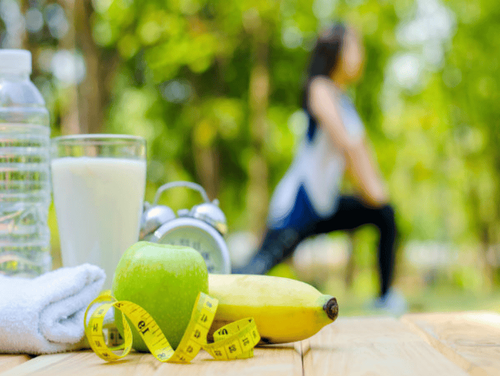
Chế độ ăn uống lành mạnh và lối sống khoa học giúp cải thiện sức khỏe lâu dài của bạn
4. Tips to reduce cancer risk through diet
4.1. Reduce risk with antioxidants Plant-based foods are rich in nutrients called antioxidants that boost your immune system and help protect against cancer cells. A diet high in fruit may reduce the risk of stomach and lung cancer. Eating vegetables that contain carotenoids, such as carrots, cruciferous vegetables, and squash, may reduce the risk of cancers of the lung, mouth, pharynx, and larynx. A diet high in non-starchy vegetables, such as broccoli, spinach, and beans, may help protect against stomach and esophageal cancer. Eating oranges, berries, peas, bell peppers, dark green leafy vegetables, and other foods rich in vitamin C may also protect against esophageal cancer. Foods rich in lycopene, such as tomatoes, guava, and watermelon, may reduce the risk of prostate cancer. 4.2. Add more fruits and vegetables to your diet Currently, most of us fall short of the recommended daily amount of five servings of fruits and vegetables. To add more to your diet, focus on adding “whole” foods that are as close to their natural state as possible. For example, eat an unpeeled apple instead of drinking apple juice.
Breakfast: Add fresh fruit, seeds, and nuts to whole grains, low-sugar breakfast cereals (such as oatmeal).
Lunch: Eat a salad with your favorite beans or a combination of other vegetables. Add lettuce, tomatoes, and avocado to a cereal sandwich. Have a side of carrots, sauerkraut or fruit.
Snacks: Grab an apple or banana as you walk out the door. Dip the carrots, celery, cucumber, and peppers in the soaking water. Keep trail mix made of nuts and dried fruit on hand.
Dinner: Add fresh or frozen vegetables to your favorite pasta sauce or rice dish. Coat the baked potatoes with broccoli, sautéed veggies, or salsa.
Desserts: Choose fruit instead of sugary desserts.
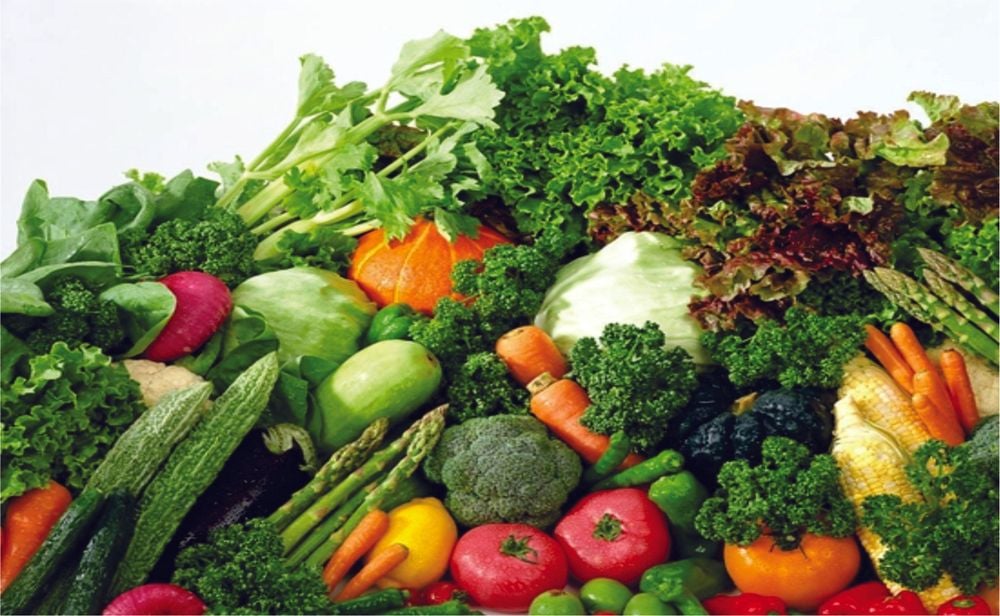
Bổ sung nhiều hơn trái cây và rau vào chế độ ăn uống của bạn
4.3. Fiber, also known as roughage, is found in fruits, vegetables, and whole grains and plays an important role in keeping your digestive system clean and healthy. It helps keep cancer-causing compounds from moving through your digestive tract before they can create harm. Eating a diet high in fiber may help prevent colorectal cancer and other common cancers of the digestive system, including the stomach, mouth, and pharynx.
4.4. Choose healthy fats Eating a high-fat diet increases your risk of many types of cancer. But healthy fats may actually protect against cancer.
Avoid trans fats or partially hydrogenated oils found in packaged and fried foods like cookies, crackers, cakes, muffins, pies, pizza dough, chips, fried chicken and shells hard tacos.
Limit saturated fat from red meat and dairy to no more than 10% of your daily calories.
Get more unsaturated fats from fish, olive oil, nuts and avocados. Omega-3 fatty acids found in salmon, tuna, and flaxseeds may fight inflammation and support brain and heart health.
4.4. Cut down on sugar and starches Consuming refined carbs that cause blood sugar to spike quickly has been linked to an 88% higher risk of prostate cancer, as well as other serious health problems.
Instead of sugary soft drinks, sugary cereals, white bread, pasta and processed foods like pizza, choose unrefined whole grains like whole wheat or multigrain bread, brown rice , barley, quinoa, bran cereals, oatmeal and non-starchy vegetables. It can reduce the risk of colorectal and prostate cancer as well as help you achieve a healthy weight.
4.5. Limit processed and red meat Various studies have identified a link between cancer risk and eating processed meats such as bacon, hotdogs, pepperoni, and hot dogs. Eating about 50 grams of processed meat per day increases the risk of colorectal cancer by 20%. This could be due to the preservative nitrates or other substances used in the meat processing, although cancer risk factors are also increased with eating red meat. The safest strategy is to limit the amount of processed meat you consume and change your diet by looking for other protein sources, such as fish, chicken, eggs, nuts and soy, instead. for relying solely on red meat.
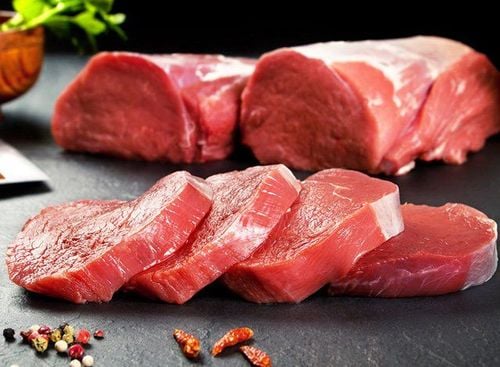
Tìm nguồn protein khác để thay thế thịt đã qua chế biến và thịt đỏ
4.6. Boosting the cancer-fighting benefits of foods Here are a few tips that will help you get the most benefit from eating all of these great cancer-fighting foods, such as fruits and vegetables:
Eat at least some raw fruits and vegetables as they tend to have the highest amounts of vitamins and minerals, although cooking some vegetables can leave our bodies with more vitamins to use. When cooking vegetables, steam only until tender. This preserves more vitamins. Overcooking vegetables will remove many vitamins and minerals. If you're boiling vegetables, use the cooking water in a soup or other dish to make sure you're getting all the vitamins. Wash all fruits and vegetables. Washing will not remove all pesticide residue, but will reduce it. Flavor food with immune-boosting herbs and spices. Garlic, ginger and curry powder not only add flavor, but they also add a dose of precious cancer-fighting nutrients. Other good choices include turmeric, basil, rosemary, and coriander. Try using them in soups, salads, and casseroles. 4.7. Cut down on carcinogens Carcinogens are carcinogens found in foods. They can form during cooking or storage mainly involving meat and when food begins to spoil. Examples of carcinogenic foods are processed, dried and preserved meats (eg bacon, sausages, beef jerky); burnt or burnt meat; smoked food; and moldy foods.
4.8. To reduce exposure to carcinogens: Do not cook oil at high heat. Cooking or baking at low heat (below 240 degrees) prevents oils or fats from turning into carcinogens. Instead of deep-frying, pan-frying, and sautéing, choose healthier methods like boiling, steaming, or grilling.
Go easy on the barbecue. Burning or grilling meat produces carcinogens. If you choose to grill, don't overcook and make sure to cook to the right temperature (not too hot).
Store oils in a cool dark place in an airtight container, as they quickly go rancid when exposed to heat, light and air.
Avoid food that looks or smells musty as it may contain aflatoxin, a potent carcinogen commonly found in moldy peanuts. Nuts will stay fresh longer if kept in the refrigerator or freezer.
Be careful what you put in the microwave. Use waxed paper instead of plastic wrap to wrap food in the microwave. And always use microwave-safe containers.
Please dial HOTLINE for more information or register for an appointment HERE. Download MyVinmec app to make appointments faster and to manage your bookings easily.




